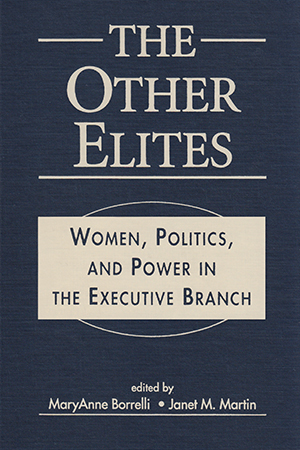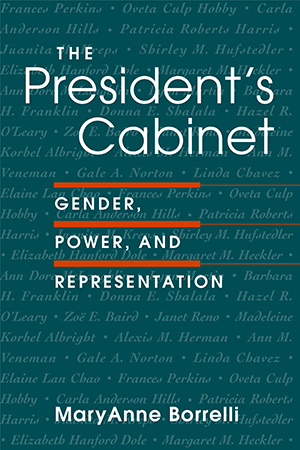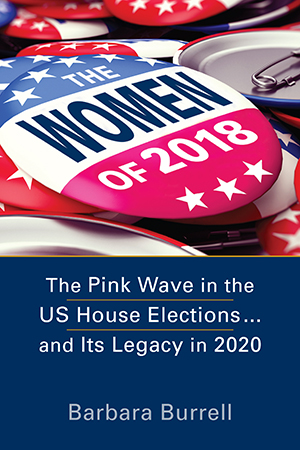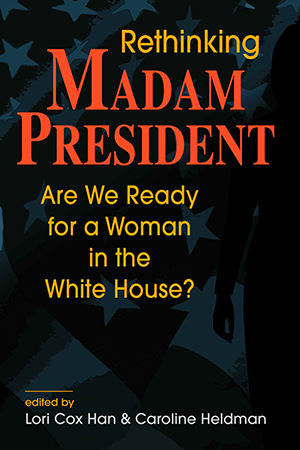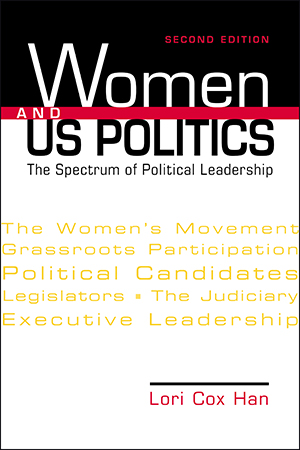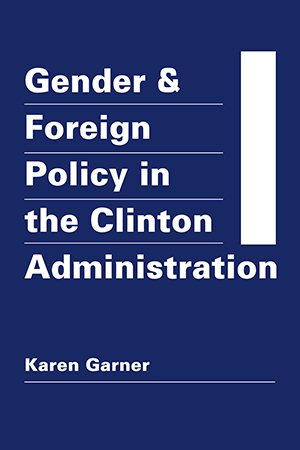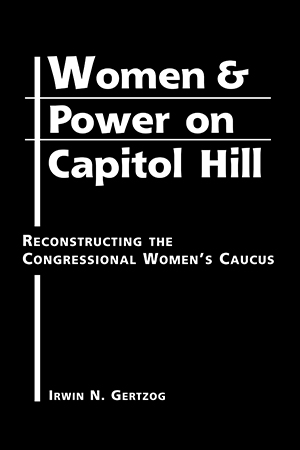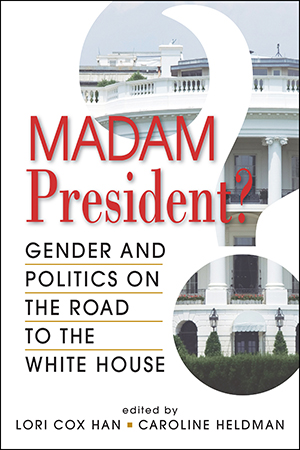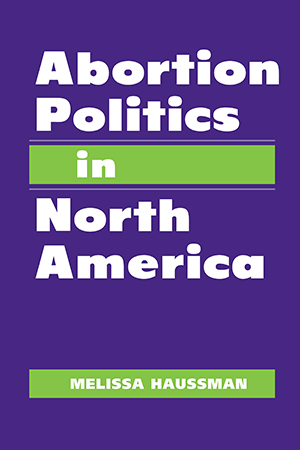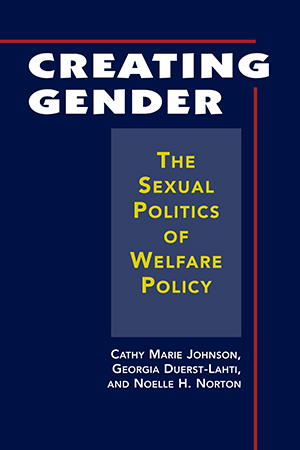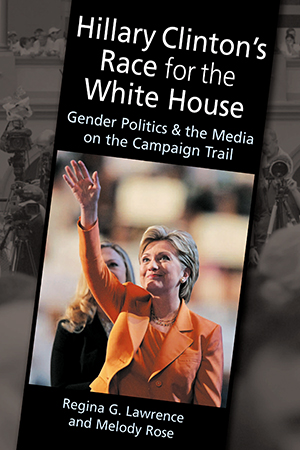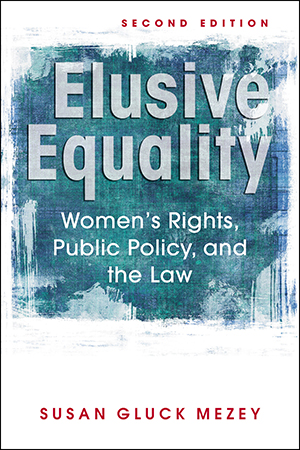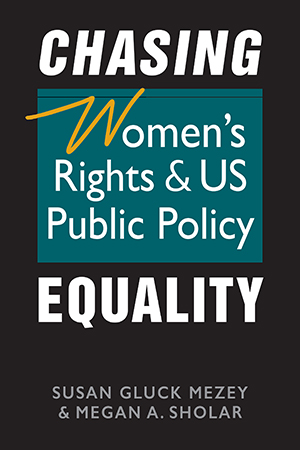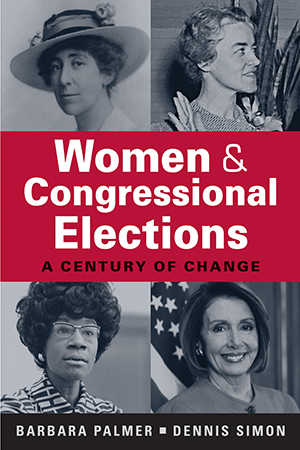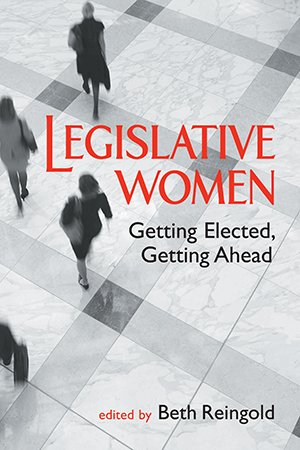Women and Politics
The Other Elites features original essays that provide important insights for both presidential studies and the study of women in US politics. The contributors to this innovative book have More >
Are female office holders most acceptable when they most resemble men? Why has a woman never led the Department of the Treasury, or Defense, or Veterans Affairs? Reflecting on these and More >
Avengers. PerSisters. The pink wave. And even badasses. These terms have been used to refer to the unprecedented number of female candidates who ran for elected office in the United States More >
From the newsroom to pop culture, all signs suggest that the United States is finally ready for a woman in the White House. But is the vision of an imminent Madam President truly in line More >
In this wide-ranging text, Lori Cox Han explores whether—and if so, how—the presence of women on the center stage of US politics is changing the political process. Han More >
Though recent US government attention to global women's rights and empowerment is often presented as a new phenomenon, Karen Garner argues that nearly two decades ago the Clinton More >
The Congressional Caucus for Women's Issues (CCWI) was the most effective bipartisan organization in the House—until changes wrought by the "Republican revolution" of More >
Scholars and pundits alike will continue for years to speculate about why both Hillary Clinton and Kamala Harris lost presidential elections to Donald Trump. Their conclusions may differ, More >
Despite legal affirmations of women's rights to abortion, actual access to the procedure in North America is increasingly curtailed. Melissa Haussman analyzes this disturbing disparity More >
Seldom do we notice, let alone explicitly acknowledge, that public policies set distinct parameters for gender. But as Creating Gender compellingly demonstrates, in reality governments do More >
Senator Hillary Clinton won 18 million votes in 2008—nearly twice that of any presidential contender in recent history—yet she failed to secure the Democratic nomination. In More >
Elusive Equality explores how government institutions—the executive branch, the federal courts, Congress, and state legislatures—affect the legal status of women. In this More >
Despite women's many gains in the political, economic, and social spheres, equality remains elusive—and in some areas, ground is being lost. Why? Why does the pay gap between women More >
Since 1916, when the first woman was elected to the US Congress, fewer than 10 percent of all members have been women. Why is this number so extraordinarily small? And how has the presence More >
This wide-ranging study grapples with the increasingly complex array of opportunities and challenges that face women today as both legislative candidates and elected officials. Offering More >


